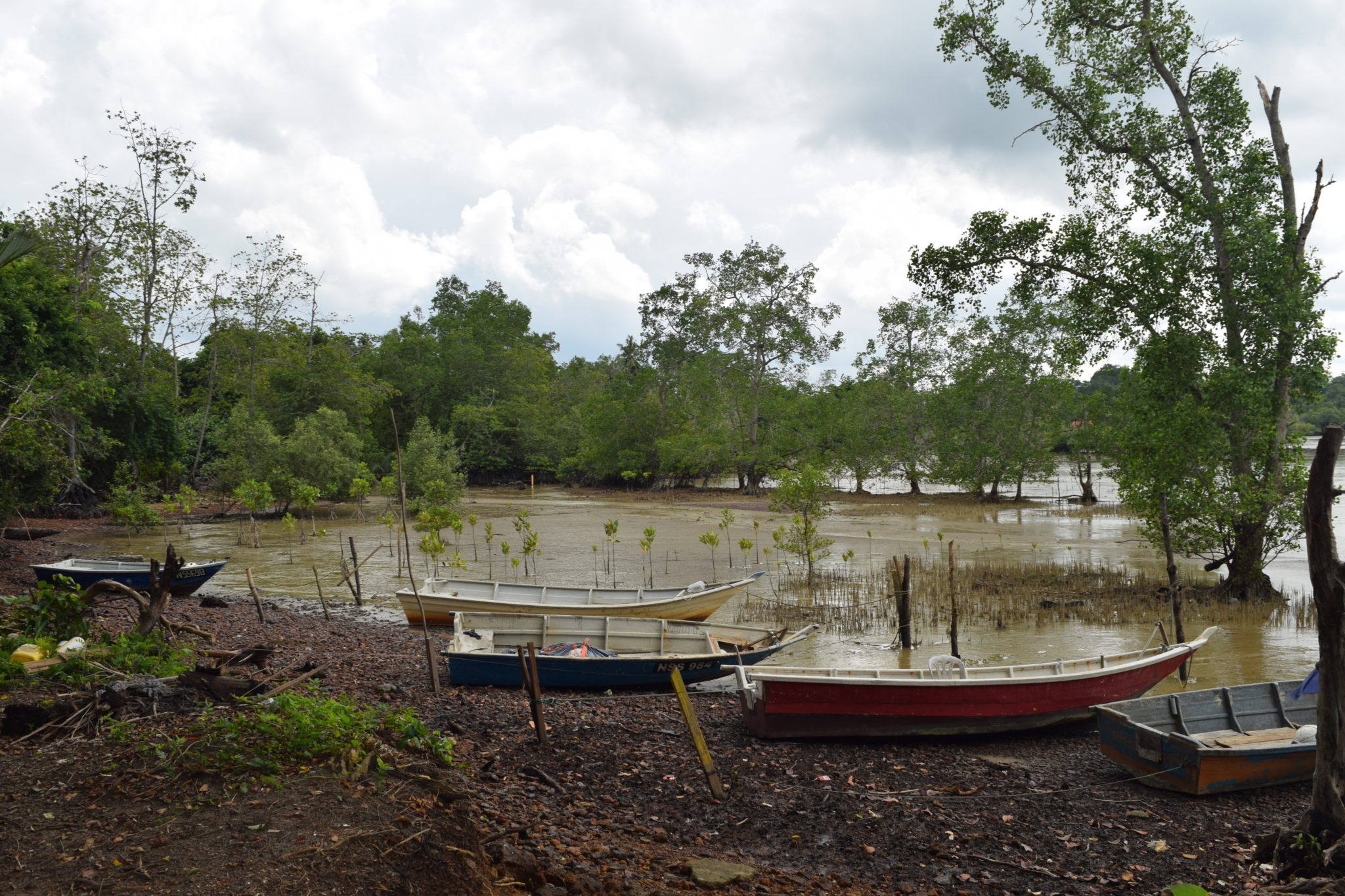
Why Wetlands Matter
Wetlands cover a small percentage of the earth’s surface, yet they are essential systems – they are the arteries and veins of the landscape. They are rich in nature and vital to human life. They act as water sources and purifiers. They protect our shores. They are the planet’s greatest natural carbon stores. They are crucial to agriculture and fisheries. A world without wetlands is a world without water.
Wetlands are a source of:
Prosperity
Wetlands are often the engines of local economies. By using wetlands wisely and diversifying livelihood options for local communities, it is possible to reverse the trend of wetland loss, poverty and inequity.
Sufficient clean water
The demand for water is growing at more than twice the rate of population increase. Competition between water for human consumption, agriculture and energy is intensifying. By improving water sharing and restoring wetlands, water supplies can be safeguarded.
Plentiful food
By adjusting water and agricultural practices in wetlands and incorporating wetlands in agricultural landscapes, long term food security can be assured and biodiversity enhanced.
Protection from disasters
The impacts of natural and man-made disasters are increasing due to climate change, poorly planned development and environmental degradation. 90% of disasters are water-related but reversing loss and damage to wetlands can be part of the solution.
Carbon storage
Wetlands are amongst the earth’s top carbon stores. By conserving and restoring high carbon wetlands we can reduce carbon emissions and increase our capacity to adapt to climate change, while improving biodiversity, water security and human well-being.
Diverse and beautiful nature
Wetlands support abundant and unique nature, but freshwater biodiversity has declined drastically since the 1970s. Concerted action by individuals, civil society groups, governments and the private sector is urgently needed to reverse this trend.
